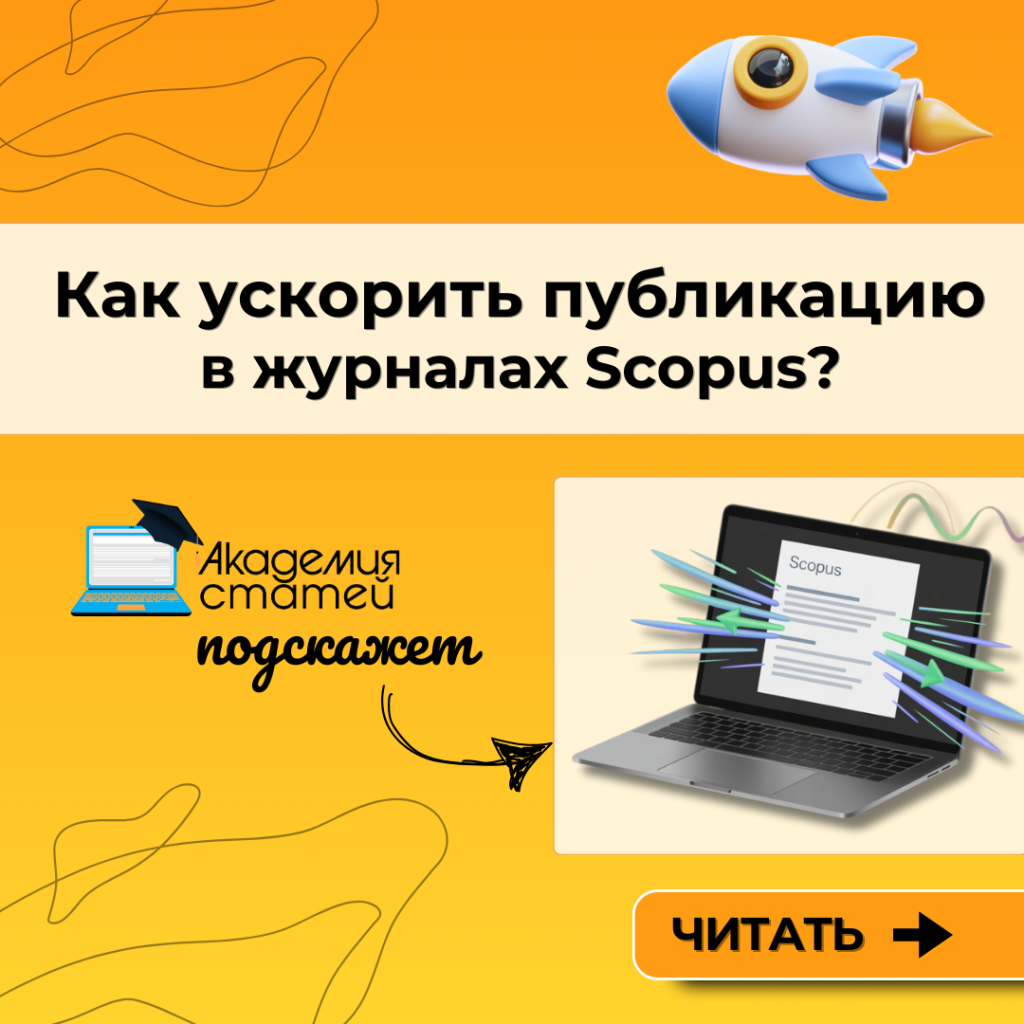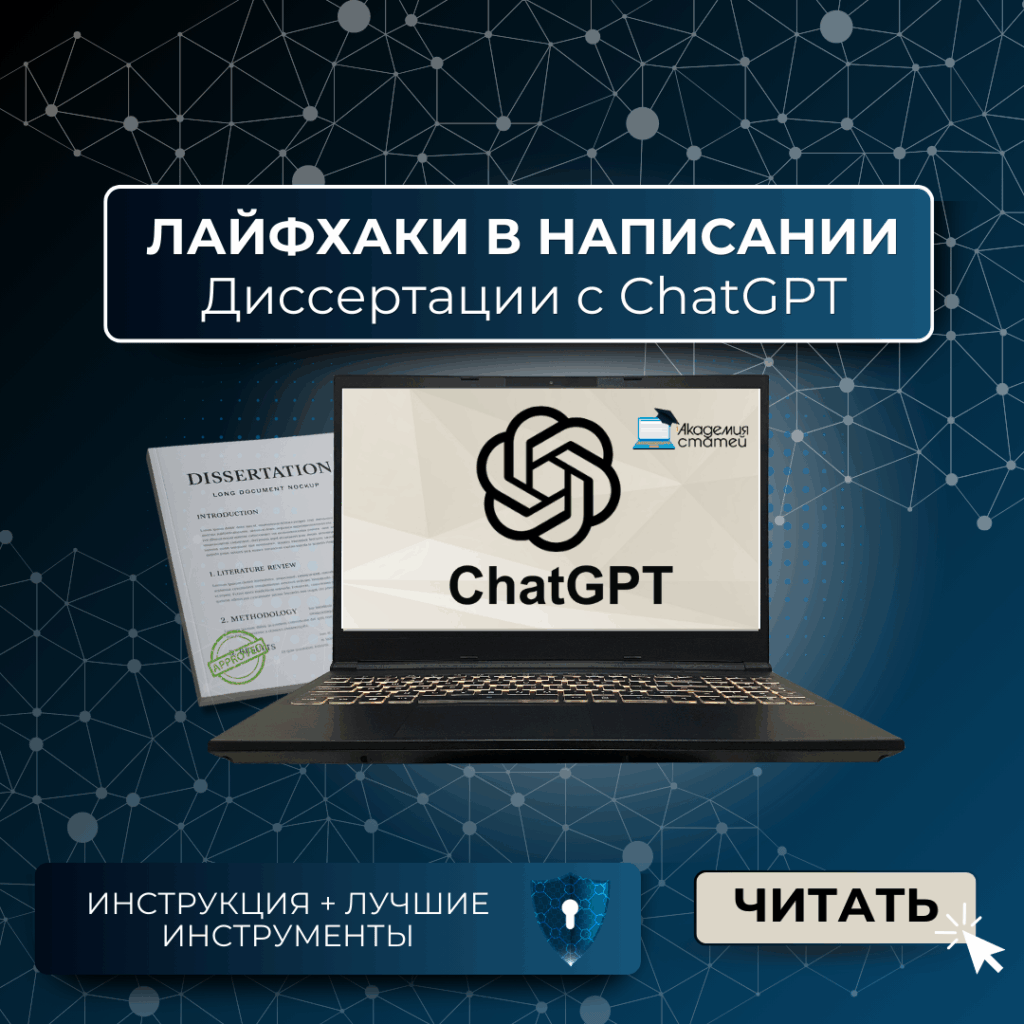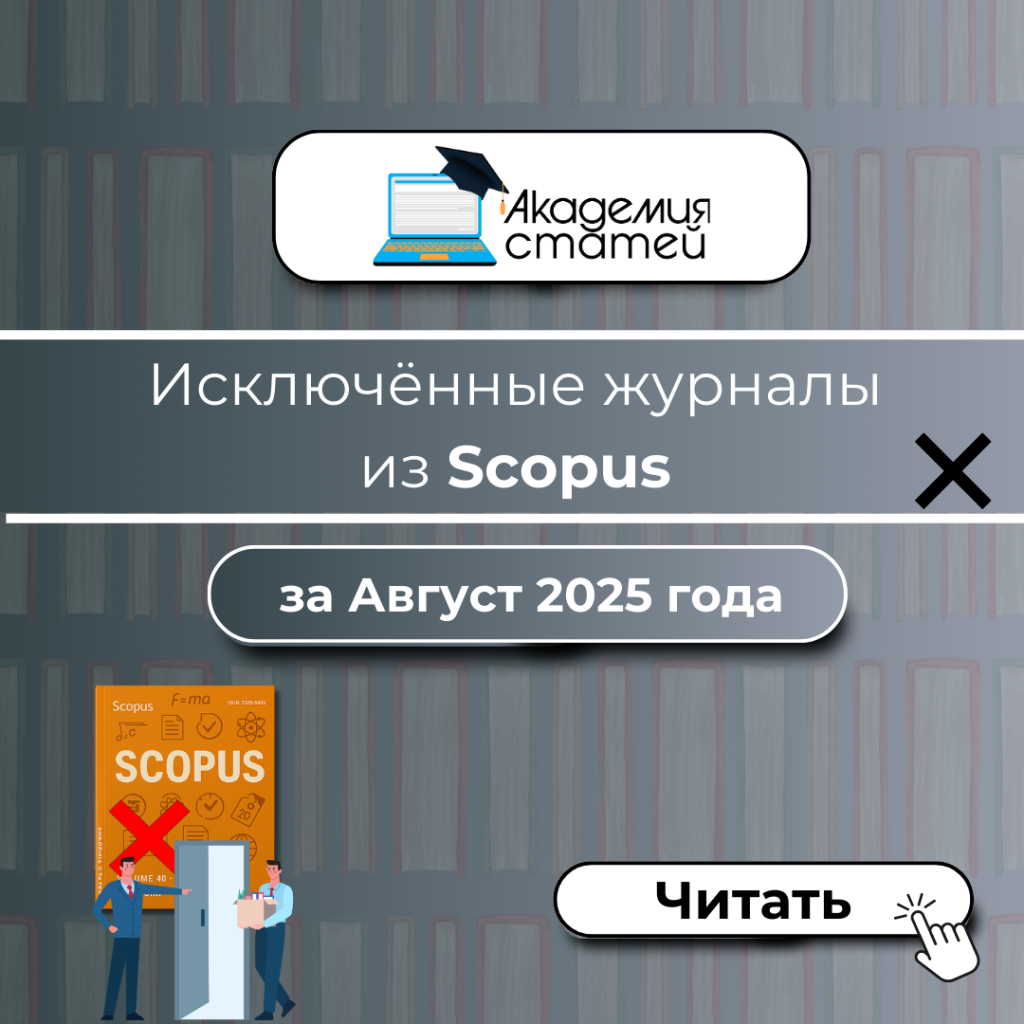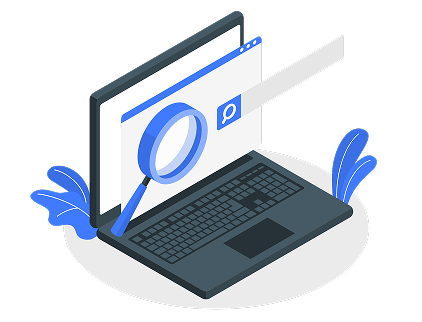On January 6, 2025, updated rules for awarding academic degrees came into effect in Kazakhstan. Now, public universities are required to check not only the originality of dissertations but also the presence of artificial intelligence (AI) in the text. Many scientists are concerned: what will happen if AI is discovered in their dissertations?
What are the potential consequences? We discuss them in our article.
What happens if AI is found?
If the inspection reveals that:
⚠️ The dissertation (or part of it) was written using a neural network (for example, ChatGPT);
⚠️ AI used without indication and permission;
⚠️ AI used to mask plagiarism
⛔ Protection is blocked, the work is removed from consideration, and the author may refuse to award a degree.

Are you already working on your dissertation or just planning it?
We'll help you at every stage—quickly, reliably, and without unnecessary stress.
What happens if AI is discovered in an already defended dissertation?
1. The work is removed from consideration.
The dissertation council stops considering it.
Your protection is automatic is postponed or cancelled, the work is returned for revision or rejected entirely.
2. You are not allowed to defend yourself.
The commission records violation of academic ethics, because using AI without notification = forgery.
You lose the right to defend your thesis this academic year (and sometimes the next).
3. It is possible that the degree may be refused.
If the fact of using AI is already revealed after defense, it is considered serious violation:
🔹 The academic degree is cancelled;
🔹 Information is transferred to government agencies;
🔹 The author ends up on the list of "unreliable applicants," and re-defending the dissertation becomes extremely difficult.
Why is this serious?
The new rules are strictly written because:
⚠️ Neural networks are widely used for text generation;
⚠️ The state wants to eliminate "automatic" dissertations and preserve the scientific value of works.
Universities are required to comply with these standards, and violators are simply rejected at the stage of admission to the defense.
Result:
Even if you just “edited” the text using ChatGPT, and the check reveals it, without reference and permission - this may result in the cancellation of the entire dissertation.
When is AI allowed?
AI allowed to use, but only if observed three conditions:
1. Pre-approval.
AI can be applied only after receiving written consent:
🔺 scientific supervisor (or consultant);
🔺 Ethics Commission of the OVPO (organization of higher and postgraduate education).
Without these two approvals, any use of AI is considered a violation.
2. Where can AI be used?
AI is only allowed auxiliary, For example:
🔺 for analyzing large amounts of data (Big Data);
🔺 for building statistical models;
🔺 to search for patterns;
🔺 for processing questionnaires or social surveys;
🔺 when working with open databases (Scopus, PubMed, etc.).
Text generation, paragraph writing, and conclusion formulation are prohibited.
3. Mandatory reference to AI.
If AI was used, even minimally, it was necessary to:
🔺 indicate this in the text of the dissertation (in the methodology, notes or appendices);
🔺 describe, how exactly and at what stage it was applied;
🔺 Provide a link to a specific tool (ChatGPT, Google Bard, etc.);
🔺 explain, How was the reliability of the results checked?.
Registration is in accordance with the rules of your university.
Example of acceptable use:
The author used GPT-4 to pre-classify questionnaires from 500 respondents. He then manually double-checked and verified the findings. The AI was approved by a consultant and is described in the Methodology section, with references provided.
What if you've already used AI?
Main - don't ignore the problem.
The Academy of Articles offers a solution:
✅ We will check your dissertation for AI and plagiarism;
✅ We will do a professional rewrite that will not be exposed;
✅ We will prepare your work for defense in accordance with all new requirements.
👉 Click the button below, to get a free consultation and learn how to save your dissertation.
Conclusion:
The advent of AI in the scientific community has opened up new opportunities, but also raised serious challenges. It's no longer enough to simply avoid plagiarism—it's crucial to clearly indicate how and why neural networks were used.
The new regulations in Kazakhstan signal a rethinking of scientific integrity. Ignorance of the regulations is no longer an excuse: even a minor violation can lead to dissertation defense or revocation of a degree.
Therefore, every step – from writing to execution – requires special care, transparency and understanding of the consequences.






